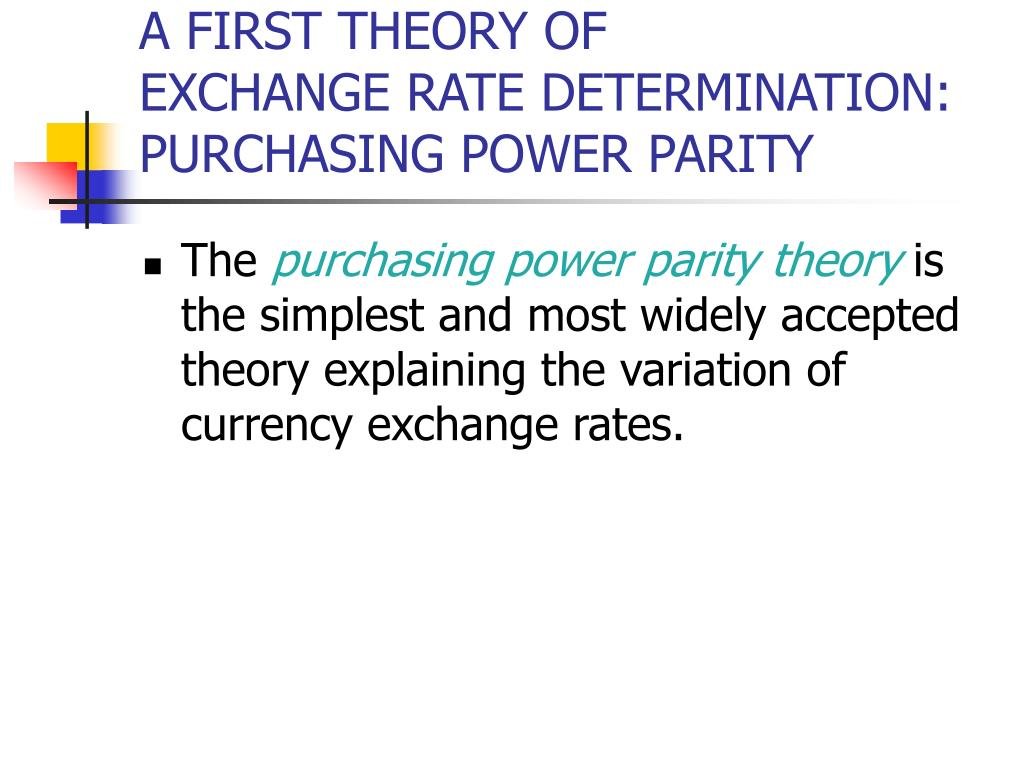In today’s article, we will be discussing the concept of fixed exchange rates and how it impacts personal finance. To shed some light on the topic, we have interviewed an expert in economics, Dr. John Smith.
Q: What is a fixed exchange rate?
Dr. Smith: A fixed exchange rate is a system where the value of one currency is set relative to another currency or a basket of currencies. The central bank or monetary authority of a country determines this rate and commits to maintaining it by buying or selling its own currency as necessary.
Q: How does this affect individuals’ personal finances?
Dr. Smith: Fixed exchange rates can have both positive and negative impacts on personal finances. On one hand, they provide stability for international trade and investments, making it easier for individuals to plan their financial activities across borders without worrying about sudden fluctuations in exchange rates.
On the other hand, if a country fixes its currency at an overvalued level (i.e., higher than its true market value), it may lead to lower purchasing power for its citizens when traveling abroad or importing goods. This can make imported products more expensive, impacting household budgets.
Q: Are there any other factors individuals should consider with fixed exchange rates?
Dr. Smith: Absolutely! It’s important to note that maintaining a fixed exchange rate requires significant reserves of foreign currencies by the central bank. These reserves act as buffers against potential shocks that could disrupt the parity between currencies.
Additionally, since fixing the rate often involves intervention from authorities through buying or selling their own currency in large volumes, it can impact domestic interest rates and money supply levels that influence borrowing costs for businesses and consumers alike.
Q: Is there any flexibility within a fixed exchange rate system?
Dr. Smith: Yes, some countries adopt flexible pegs where they allow their currency to fluctuate within certain predetermined bands around the central parity rate. This provides them with some degree of flexibility while still maintaining stability.
Q: Can individuals benefit from fixed exchange rates?
Dr. Smith: Certainly! Fixed exchange rates can provide stability and certainty for people planning to travel, invest, or conduct business abroad. It reduces the risk associated with currency fluctuations and helps individuals make informed financial decisions.
In conclusion, fixed exchange rates play a significant role in personal finance by providing stability but also potentially affecting purchasing power and borrowing costs. Understanding the implications of this system is crucial for making sound financial choices in an increasingly interconnected global economy.

